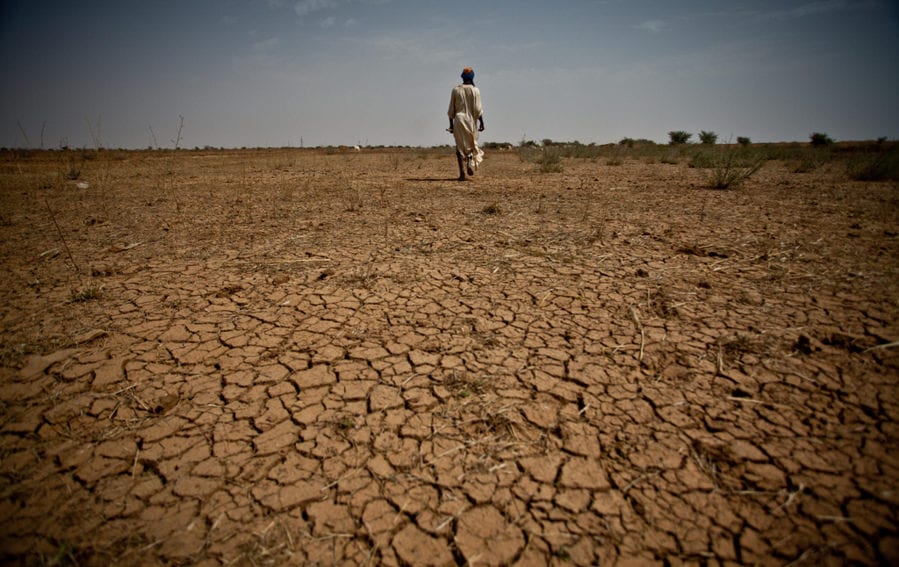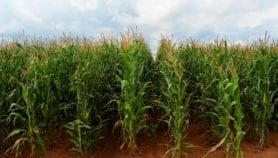By: Ochieng’ Ogodo
Send to a friend
The details you provide on this page will not be used to send unsolicited email, and will not be sold to a 3rd party. See privacy policy.
Just how well weather index-based insurance will work for smallholder agriculture in Africa is still highly debatable.
This is about investing in insurance to help farmers manage, mostly, drought risks in Africa where agriculture is a prime source of food and earnings for millions of smallholders, but is increasingly facing multiple challenges.
The insurance is meant to cushion farmers against the vagaries of weather; prolonged droughts and in some cases flooding. And climate change-related impacts are complicating matters for the needy seeking to eke a living out of scratching the earth bare and sprinkling seeds and water, sometimes hoping against hope.
“More still needs to be done to shape weather index-based insurance into a more workable and viable fall-back outfit for smallholders across Africa.
Ochieng' Ogodo
At the Building Resilience for Food and Nutrition Security conference organised by the US-headquartered International Food Research Institute (IFPRI) in Addis Ababa, Ethiopia, this week (15-17 May), I have gathered that weather index-based insurance faces myriad challenges.
According to Ruth Hill, senior economist, Africa Region Poverty Reduction and Economic Management Network at the World Bank, it has two contrasting positions.
On one hand, it can manage agricultural risk in rain-fed production systems that require a financial product to pay many farmers at once for weather-related failures.
“Weather index insurance is a unique financial product that provides the only realistic solution to managing risk for rural households,” Hill says.
But on the other hand it is a hedging product and as such the basic risk is too high for it to offer much value to farmers.
Not just these two positions: There are too many pilot projects, but few are being implemented on a large scale, according to Guush Berhane, associate research fellow at IFPRI, Ethiopia. The product design is complex and the actuarial or insurance skills needed are missing.
It suffers from the lack of required extensive data that is still unavailable in most parts of the continent
Berhane adds that its implementation by stakeholders is often weak, and lacks infrastructure such as meteorological equipment for weather monitoring.
Next to that, Berhane says, is the challenge of transferring risk internationally — linking to re-insurance can be a nightmare.
More still needs to be done to shape weather index-based insurance into a more workable and viable fall-back outfit for smallholders across Africa.
This article has been produced by SciDev.Net's Sub-Saharan Africa desk.














